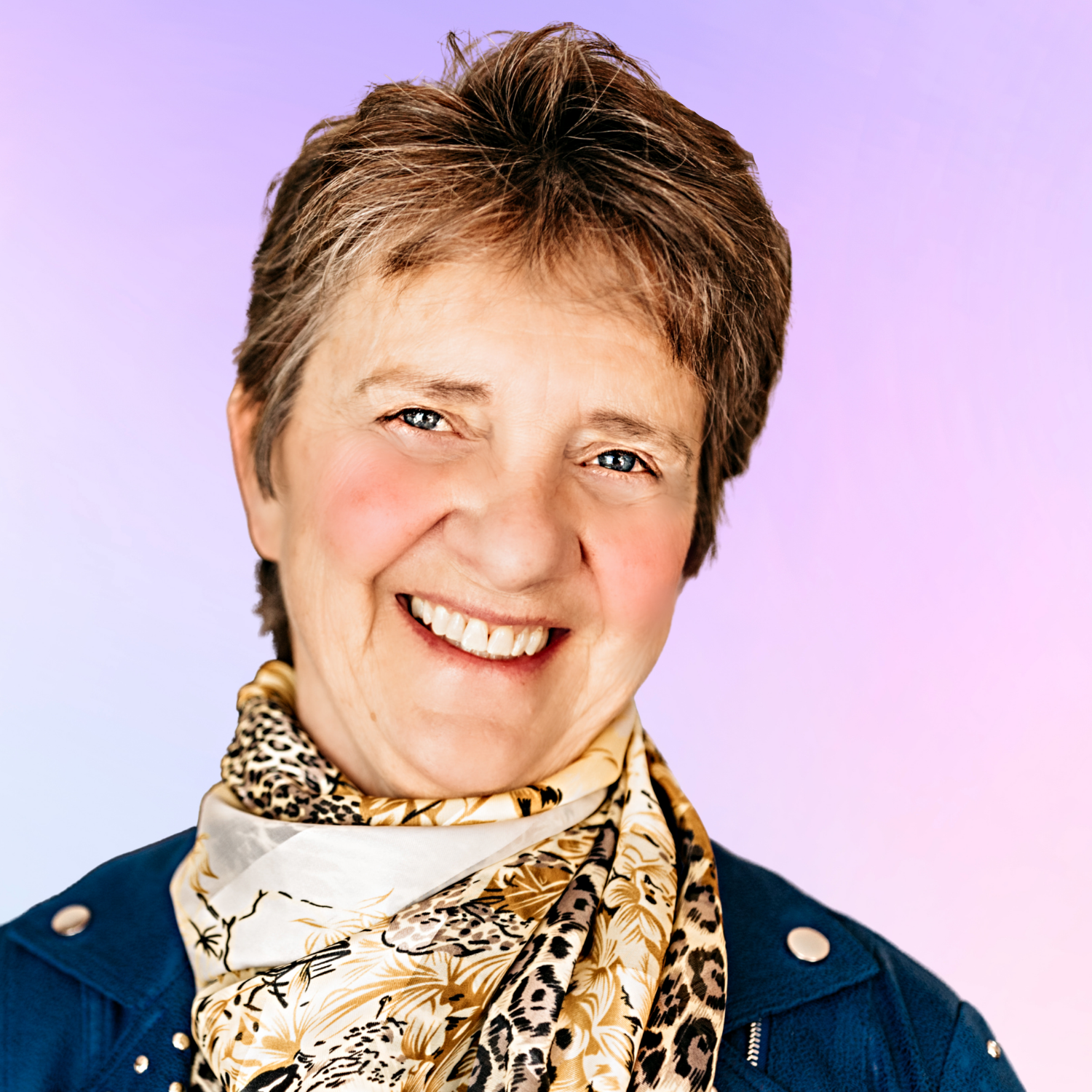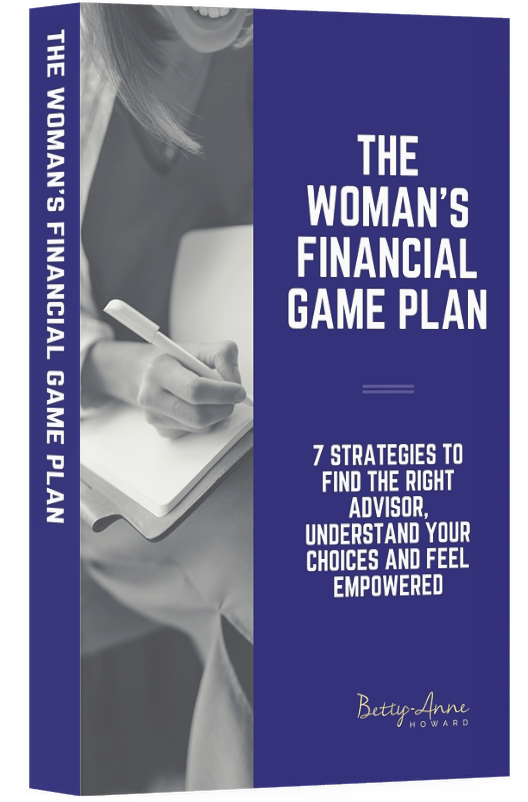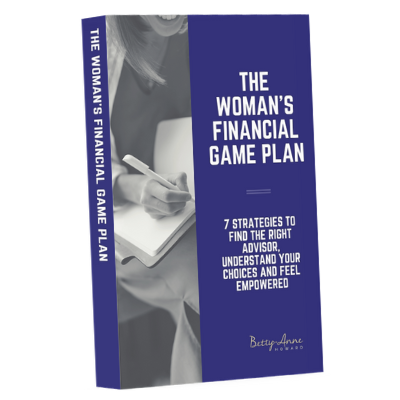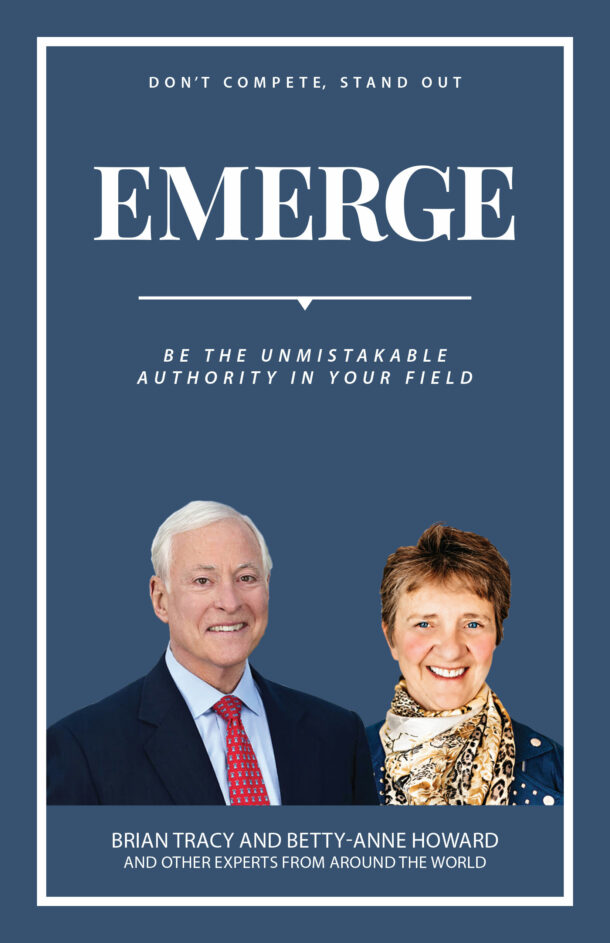
Meaningful Conversations, Vision and Emotion in Planned Giving
The world has changed dramatically over the past year and that means we too have changed, and so have our meaningful conversations.
Covid-19 has shattered many of our preconceived notions about what it takes to make us happy and feel loved by our spouses, partners, families and cared for by our communities.
This is new territory for all of us, including businesses, charities, and not-for-profits. Everyone has been touched in more than one way with this pandemic, where even a simple cough has triggered our fears of being infected and wondering what impact that might have on our families, our livelihoods, and our financial security.
Charities have been dealing with an ever-increasing demand for their services and a hugely significant decrease in donations. At the same time, we’re seeing creative solutions being tried on for size, new partnerships with foundations and charities coming to the rescue, and many people stepping up to support our communities in whatever way we can.
I know that for every appeal I received in the mail, especially for the doubling or tripling of my donation, I wrote out a generous cheque given I couldn’t resist the 100%, 200%, and even 300% return on my money!
I am, after all, a Financial Planner who sees how the math can add up, and most importantly I felt good doing what I could to help out. I supported many new charities this year that aren’t usually on my radar when the appeals I received resonated strongly with me.
In addition, the plea for help in addressing Anti-Asian sentiments and Anti Racism work while publicly supporting these initiatives allowed me to make a statement that is aligned with my beliefs and my values.
Why is it time for a new model for philanthropy?
A lot has been said and written about how we can find opportunities amidst a crisis if we are resilient and resourceful enough. The time is now ripe to create a new model for philanthropy in order to create a world we can all be proud of.
But the question remains – how do we do that?
When we engage more people in creating and sharing their vision for the future and appealing to the emotional aspect of giving back, all the while endeavoring to have meaningful conversations that spark change and action, we can create the opportunities we seek.

Meaningful Conversations
This year our goal is to engage in meaningful conversations with key people who can bring fresh perspectives to financial planning, fundraising, legacy, and philanthropy so that we can explore possibilities together, and create synergy and growth.
We’ll be approaching this topic from a variety of perspectives, sharing voices from the charitable sector, financial advisors, planned giving consultants, our clients, and donors.
A critical component of creating a new model for philanthropy will be to find ways to incorporate as many of these perspectives as we can, starting with the points of intersection.
You can follow along with these conversations and their insights, strategies, and takeaways through this blog series.
Meaningful Conversations: Jenny Mitchell and Paul Nazareth
Recently I had the pleasure of speaking with Jenny Mitchell, Chief Visionary Officer and Owner, Chavender, and Paul Nazareth, VP Education and Development, Canadian Association of Gift Planners (CAGP), where we discussed the importance of vision, emotions, and how to have meaningful conversations in order to begin building this new model.
Here are some excerpts from our conversation.
Do Charities Need A Vision for the Future?
How important is it for a charity to have a vision for the future? We believe it’s a key component in a new model for philanthropy. A clear and compelling vision for the future tells people you intend to be around for a long time, and it can provide an aspirational narrative that gets people excited to be a part of that vision. It speaks to the sustainability of the charity.
Jenny’s metaphor for this concept was that of a candle, almost as though a charity needs to be holding a candle towards a better future, to light the way.

“It has to be aspirational, shedding light on where we are going and why so that we can always ask the question of ourselves and our charities – is what we’re doing moving us towards that candle, are we bringing it closer and closer to us in order to fulfill our mission and vision?”
Paul stressed the importance of vision to connect the charity to the donor.
“What sets us apart is our mission and our vision – if you can’t answer the question why give and why give to us, you’re not going to get dollar one – the concept of legacy is making you the purpose of someone’s life, making them a family member – you need to talk about love, decoupling the math of the mind and the hope of the heart because both of those things have to happen in order for us to really capture that donor who wants to come along with us.”
As a Planned Giving Consultant working in financial services I thought about my clients who want to make a difference in the world and the lives of others, they have their own vision and if they were able to see and hear more clearly the vision and mission of charities, they’d be in a better position to make their decisions about which charities they want to support.
Key Takeaway:
Many of our clients have no idea which charity or charities could best satisfy their desire to have a specific impact, even if they fully understand their own motivation and aspirations for giving.
Charities need to partner with Planned Giving Consultants and Philanthropic Financial Advisors in order to paint a better and clearer picture of what they do and how they do it so we can support our clients in guiding them towards the charities they are most aligned with.
As Jenny suggested, we need to ask people and charities to articulate their vision in images (given that words can be confusing). The journey needs to be clearly articulated so that donors will want to take that journey while at the same time understanding the full spectrum of ways to give and the impact that is possible.

What role do emotions play in having meaningful conversations about philanthropy?
Emotions are the glue that holds us and our charities together. Sadly, we live in a world that tells us that there is a time and place for our emotions – and no one has given us a handbook that tells us where and when that should be!
Brene Brown’s research on vulnerability and shame has opened the door for us to explore more about how our emotions impact our lives and how compassionate we can be in meeting the needs of others.
As Jenny said in our conversation, quoting Margaret Wheatley “Be brave enough to start and have conversations that matter”.
We aren’t having these conversations because we are afraid of our emotions, but at the same time we need our emotions in order to have these conversations – attending to our emotions allows us to show up strong.
“This is the moment to drop the armour, to sit, talk openly about how we can change things together – to dig deep and go deep with our emotions,” Jenny advised.
Paul spoke about tending donors’ needs through emotion:
“There’s a lot of judgment in the world about money and in the world of giving, the more we can dive into that, every time we are open and talk to donors about these things…you hear, ‘thank you for making this easy and affordable for me’. Meeting donors where they are, tending to their needs and tending to their journey – empowering them with what they need at that point makes a difference.”
I concur with Jenny and Paul about the importance of emotions and guiding donors who are also our clients on this journey towards building a world we can all be proud of. In my experience, the majority of Financial Advisors aren’t engaging in these meaningful conversations with their clients about their philanthropic and legacy goals. The world of vision and emotion can be very absent from the financial planning landscape.
And yet, we know that our clients and donors welcome the opportunity to discuss how they want to make a difference in the world and the lives of others. Canadians are looking to their advisors to play a role, to help them with their charitable giving options. Philanthropic Financial Advisors can bridge the gap between vision, emotion, and making an impact.
Conclusion
Empowering our clients and donors to make informed decisions on this journey is imperative. We can magnify our impact by engaging our hearts and minds in these meaningful conversations with each other.
A wonderful African Proverb says; “If you want to go quickly, go alone, if you want to go far, go together”. With all the changes in the world and the new territory we are all trying to navigate, working together can help us more quickly find a way to change the world’s consciousness.
Working with people who are fired up and connected to our vision and the vision of the charity, comfortable diving into emotions, and who don’t shy away from meaningful conversations is the new model for philanthropy that can change the world.
Interested in more Charity Panel Discussions and Meaningful Conversations like this?
Join our FREE Planned Giving Resources Membership to be the first to know about our next Charity Panel Discussion – Free Webinar Series.
Meaningful Conversation Series:
Meaningful Conversations: Is a new model for philanthropy necessary in 2021?






0 Comments